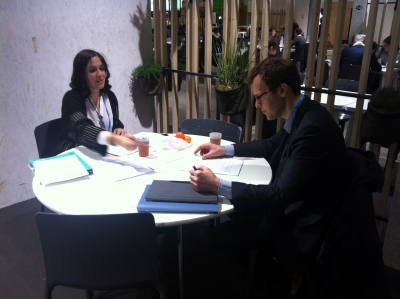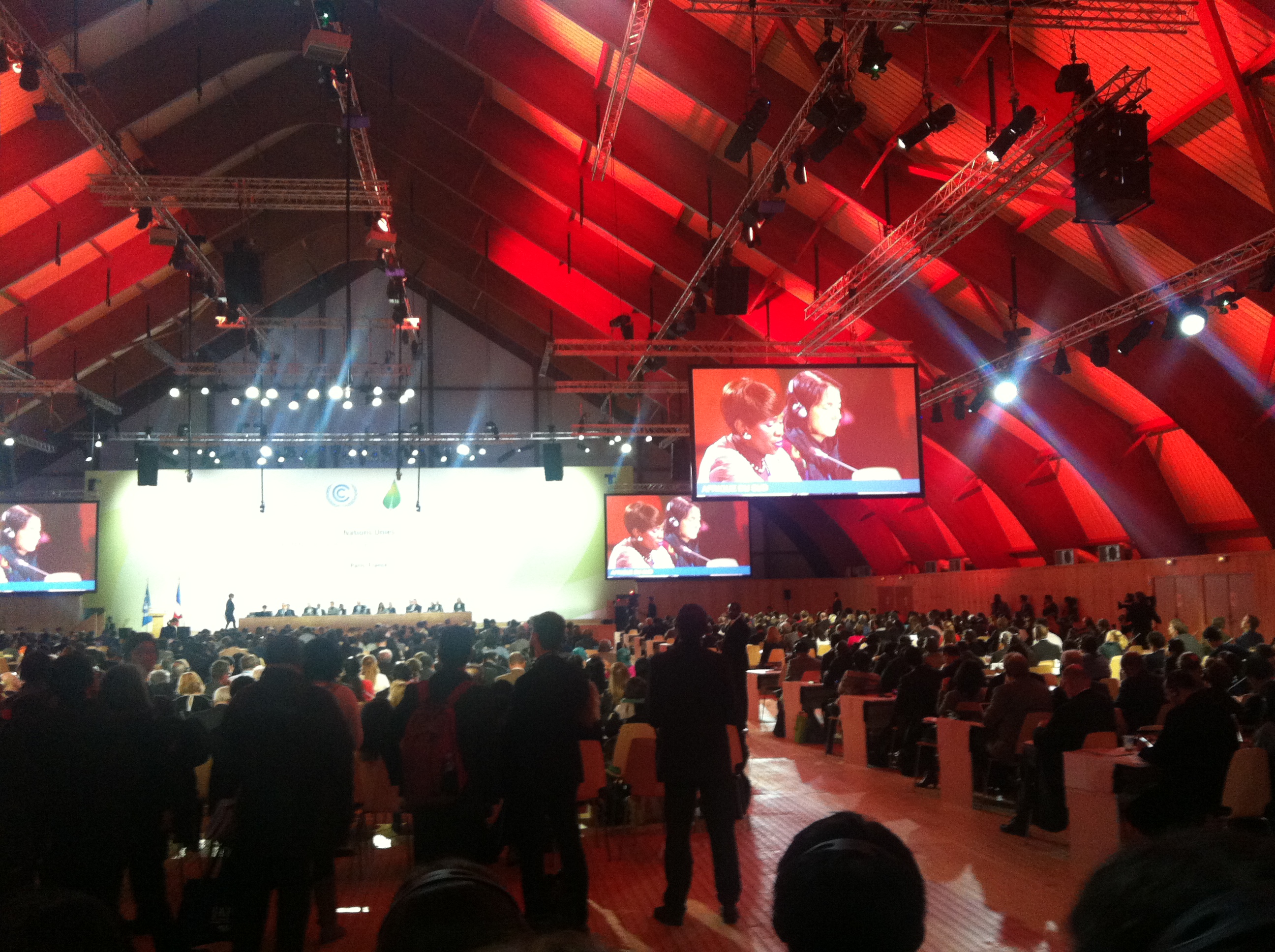
The draft Paris agreement
After the political push by world leaders on Monday, negotiators have worked until Saturday 5 December to prepare a new streamlined text. It is down to 38 pages, from 50, with just under 900 pairs of square brackets rather than over 1,700!
On all critical issues, no compromises have been reached yet - for example on differentiation, the remaining divisions between developing and developed countries, especially on the question of financial aid. An issue that will probably remain open until the very end.
How does the new text look like on some key issues?
- Legal nature: some provisions will have a binding nature, e.g. the obligation to prepare and communicate mitigation actions while other elements are still open with the "should" or "shall" formula, e.g. regular upward revision of mitigation plans or monitoring rules.
- Differentiation: no changes from previous draft, the new text still keeps the two options open. The first option maintains the old principle of mitigation efforts for developed countries whereas the second option proposes to share the burden globally.
- Carbon markets: some wording on carbon markets has been removed from the preamble and maintained under the form of internationally tranferable mitigation units in Article 3(14).
- Business engagement: while specific reference to the private sector has been deleted, a general wording referring to the involvement of non-state actors in general was kept.
Given the little time left, the promise by the French Presidency to reach an agreement and the amount of options still open, the pressure on the ministers is very high. In the words of Todd Stern, the US chief negotiator: “At this stage in the negotiations, what we’re looking for is a text that we can work with, not something that we agree with in every respect.”
Next steps: The Paris Group
At the plenary that ended the ADP process, French Minister Fabius, Chair of COP21, detailed the ministerial negotiation methodology for the final days. Ministers will work through the Paris group. This group will meet at least once a day with the facilitators of each respective working group.
The Paris Group will follow three rules:
- The UNFCCC motto: “Nothing is agreed until everything is agreed.”
- Inclusiveness: all parties will be included.
- Transparency: the group’s discussions will in principle be transmitted on the screens in Le Bourget, unless the Group decides otherwise.
The Paris Group will address 4 topics:
- Means of implementation, facilitated by the Ministers of Germany and Gabon.
- Differentiation, facilitated by the Ministers of Brazil and Singapore.
- Ambition: (facilitators to be appointed).
- Pre-2020 ambition (facilitators to be appointed).
 The Paris Group kicked off Sunday afternoon and Minister Fabius will provide regular updates on its work to the wider COP. A working group to review legal issues and translation aspects was also set up. The Paris Group will decide when the text is ready to be submitted to the legal review team and the last step is to be sent to translation.
The Paris Group kicked off Sunday afternoon and Minister Fabius will provide regular updates on its work to the wider COP. A working group to review legal issues and translation aspects was also set up. The Paris Group will decide when the text is ready to be submitted to the legal review team and the last step is to be sent to translation.
From these developments, it is clear that the real political game is just starting!